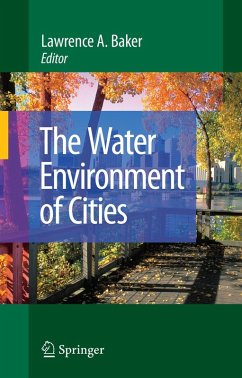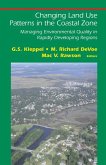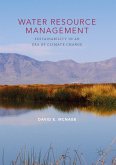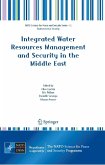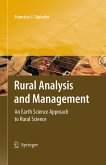The Water Environment of Cities is the first book to develop this holistic vision. To accomplish this, core chapters are written by leading experts in academia, consulting, and government. It is written for the broad audience of urban water managers: engineers, planners, ecologists, hydrologists, social scientists, and others. Chapters are written to be accessible to students and practitioners across disciplines, each incorporates cross-cutting themes, and the book is supported by a glossary. Chapters examine urban water budgets, groundwater management, urban water infrastructure, the movement of pollutants through urban systems, management of urban streams, integration of water into planning design, urban water recreation, the legal framework for urban water management, institutions to manage urban water, and the economics of water supply. Importantly, after writing their core chapters, chapter authors participated in an NSF-funded synthesis workshop to integrate concepts throughout the book. The result is a unique synthesis chapter that outlines five core principles for managing the urban water environment in the 21st century.
Dieser Download kann aus rechtlichen Gründen nur mit Rechnungsadresse in A, B, BG, CY, CZ, D, DK, EW, E, FIN, F, GR, HR, H, IRL, I, LT, L, LR, M, NL, PL, P, R, S, SLO, SK ausgeliefert werden.
"This work is a collection of 14 interdisciplinary chapters of about 20 pages each, written by a variety of contributors, mostly from universities and research centers, with backgrounds in such areas as economics, law, engineering, sustainability, and urban design. The book ... is intended primarily as a resource for a course on the topic of the title, but it is also useful for traditional courses in urban design, water policy or quality management, or watershed management. ... Summing Up: Recommended. Upper-division undergraduate through professional collections." (D. A. Vaccari, Choice, Vol. 47 (2), October, 2009)

